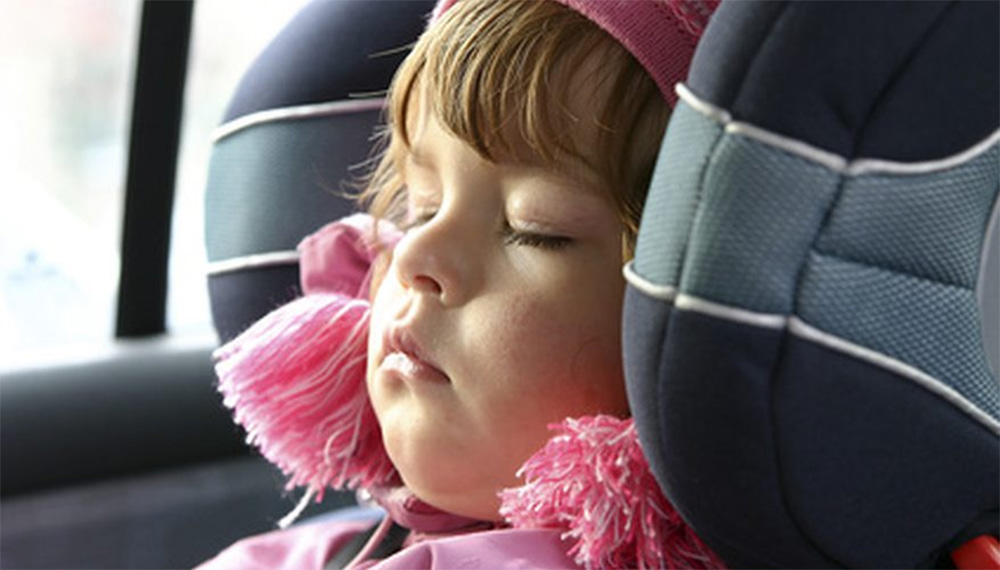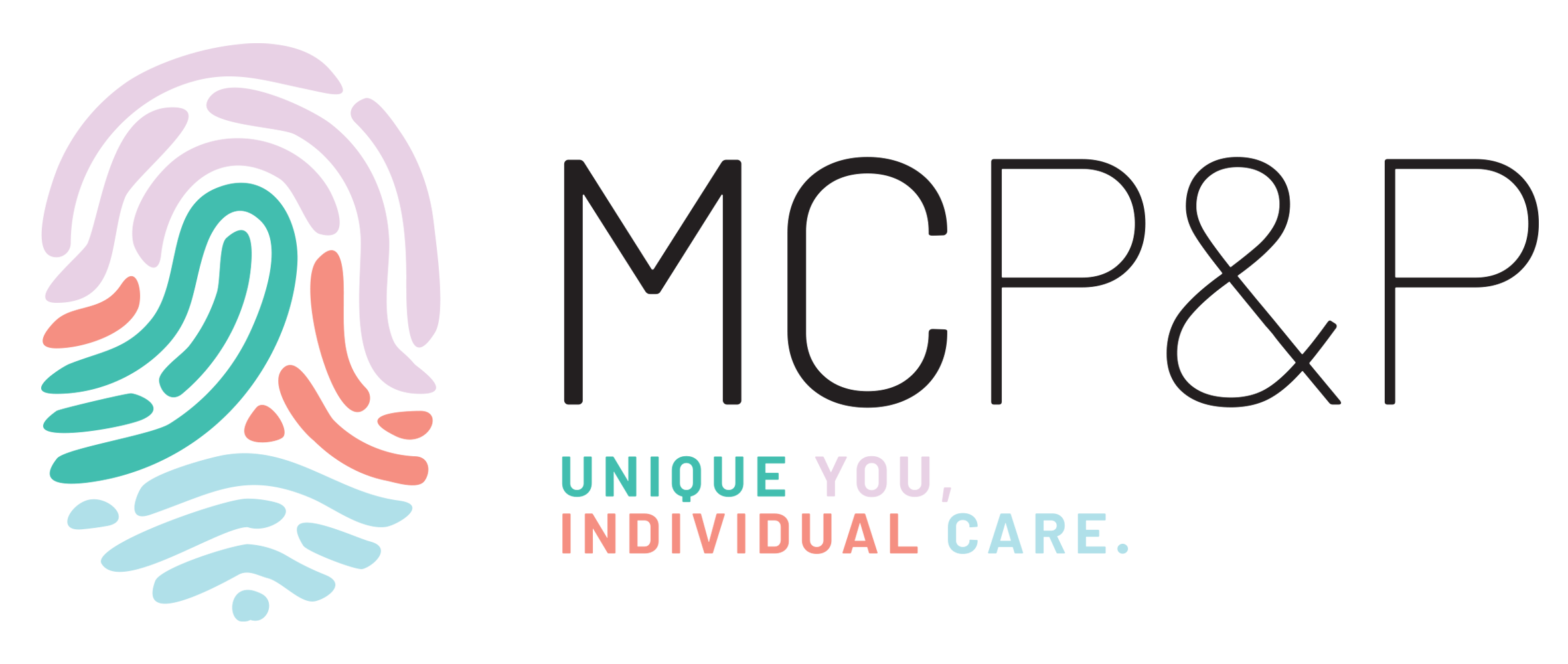
Recommended Sleep For Children
Th number of hours to aim for with regard to sleep per age is:
- 0 – 3 months – 10.5 to 18 hours a day
- 4 – 11 months – 9 to 12 hours at night and 2 naps a day of 30 mins to 2 hours
- 1 – 2 years – 11 to 14 hours a day and but his time often one nap a day of an hour or so
- 3 – 5 years – 11 to 13 hours a day of sleep and often dropping the nap completely.
- 6 – 13 years – 9 to 11 hours sleep
What Makes Sleep Harder?
Caffeine
Caffeine in any amount in the diet, but in particular after 3pm or so, will make sleep harder. Children should not be taking caffeine in any form while growing and avoiding this as much as possible is important.
Little Physical Activity
Simply put, your body needs to expend some energy to require sleep, and we know that being physically and mentally active gives a better quality of sleep.
Little Natural Light
Natural daylight is an important part of the sleep wake cycle and is needed daily. People who have little access to natural light, such as those in hospital, nursing homes and in areas of the world that have months of daylight, all have a much higher rate of disordered sleep. At least 10 minutes outside a day is needed.
Electronic Devices
The use of electronic devices such as tablets, laptops, and smartphones, all seen to delay the initiation of sleep. listening to music or reading an e-book seems to be less of a problem. Ideally there should be no interactive electronic devices used for a couple of hours before bed.
Flipping Your Sleep Cycle
If you are flipping your sleeping cycle, so that you are awake all night and asleep all day, it becomes more and more difficult to swap back to normal the older that you get and the longer stretch of time that you do this for.
Are there any tablets that will help me sleep?
The short answer is yes some will help give you some sleep. But they will NOT give you the same sleep that would occur naturally. Science is yet to develop a medication that can simulate human sleep, it appears to be a highly complex mechanism. You should always seek medical advice if your sleep is so bad that you are seeking medication.
What to try before medication?
Routine
Going to bed at approximately the same time each day and getting up at the same time can help.
Darkness
Research shows that having a dark room helps initiate sleep as it mimics the sun going down which is a trigger for sleep.
Eating
Sleeping with a full stomach is a bad idea and you should aim to have the last food of the day about 2 hours before bed (provided that you are not an infant and then regular feeding based on the developmental stage is important and this may mean a feed before bed).
Some background noise
White noise can help some people as it blocks out the more defined noise of conversation, cars, shouting, TV etc.
Relaxation
Attending meditation or yoga classes can help you find the way that you relax and allow your mind to be in the present and less preoccupied with the other things going on in life. It also helps relax the muscle tension that keeps some people awake.
Warm shower or bath
The temperature of the water and the soothing feeling of water can help your mind and body relax and help you sleep.
Reading
May be an old fashioned thing to do, but reading a book can be relaxing and does not stimulate the same parts of the brain that electronic devices do.
The Room
Ideally the bedroom should not have a TV or computer in it, as these tend to be used when sleeping is difficult, and then the person has a harder time sleeping. A quiet and dark room that is not too hot is the best place to get successful sleep.

